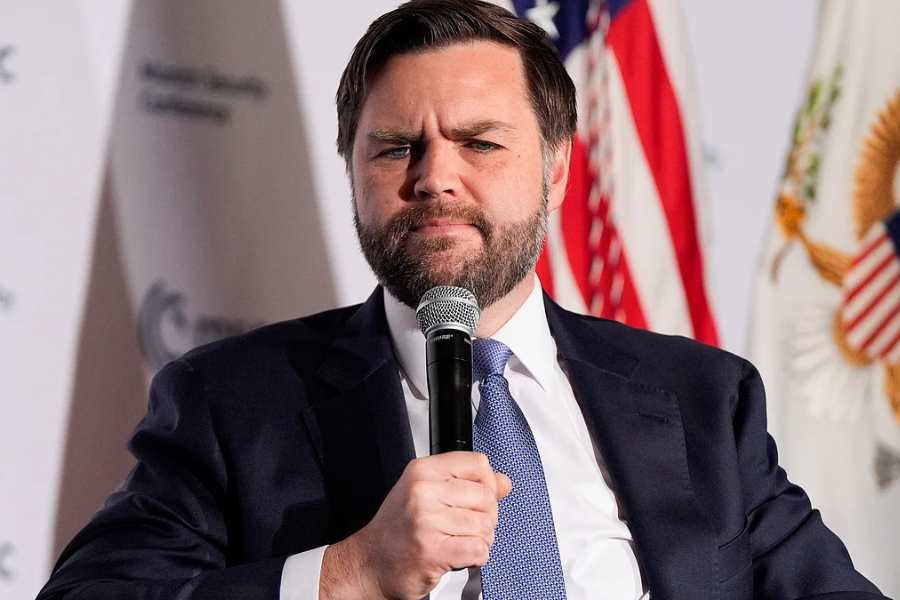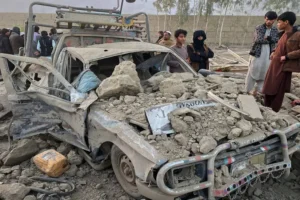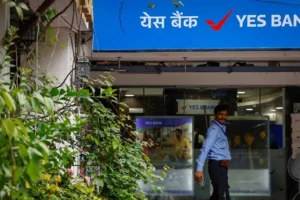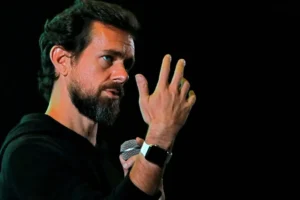
US on India Pakistan Conflict: Following increased military escalation between India and Pakistan from recent deadly cross-border attacks, the United States, has publicly stated they will not intervene. US- Vice President J.D. Vance stated during a recent televised statement: the deadlock is regional and “is not really our deal”.
India’s Operation Sindoor and Pakistan’s Response
The escalation came with India’s Operation Sindoor which targeted terrorist facilities in Pakistan and Pakistan-Administered Kashmir. The offensive came in the wake of the Pahalgam terrorist attack on April 22 killing 26 civilians in Jammu and Kashmir.
Pakistan retaliated by launching missiles and hitting Indian military locations in Jammu, Pathankot, Udhampur and nearby locations with drones and missiles. India’s air defence systems defended against the missiles and drones with no significant casualties or damage. The Indian government vowed to respond decisively, that it was “fully prepared to defend its territorial integrity”.
US – Vice President: ‘Not Our Conflict’
In his televised comments on Friday, the Vice President stated “We will not take part in a conflict that is essentially not our conflict.”
Expressing concern about hostilities between two nuclear states, Vance stressed that the US can only act as a diplomatic broker.
“India has its grievances against Pakistan.” “Pakistan has responded to India.” “What we can do is attempt to get both sides to ease tensions a bit,” he said.
Diplomacy Rather than Military Power
Vance also explained that the US would not dictate military decisions for either country. “We cannot tell the Indians to get rid of their weapons.” “We can’t tell the Pakistanis to put down their weapons.” “The way forward is by way of diplomacy and we hope that calmer minds prevail,” he said.
He acknowledged global concerns about an increase in war, or worse yet, nuclear war, but said there is tempered hope.
“We think it is not going to happen, but we have a responsibility – and a responsibility for both India and Pakistan – to make sure there is no escalation.”
Secretary of State Enters for Discussion
US Secretary of State Marco Rubio also ramped up US diplomatic activity during the crisis. He held bilateral talks on Thursday with India’s External Affairs Minister S. Jaishankar and Pakistan’s Prime Minister Shehbaz Sharif.
The US Department of State indicated that Rubio urged both sides to pursue “immediate de-escalation.” He expressed America’s condolences to the families in the wake of the attack in Pahalgam, while also reaffirming the US commitment to support India’s anti-terrorism efforts.
Rubio also encouraged Prime Minister Sharif to take “tangible steps” against the terrorists and networks that operate from Pakistan, which he said are “critical to peace in the region.”
A Deliberate Position from Washington
The United States’ response highlights its own strategic neutrality when it comes to the paramount regional security situation. Washington is very concerned about this security situation, but has consciously chosen to act with quiet diplomacy instead of direct action. The focus appears to continue to be exclusively on preventing an escalation, and to encourage open dialogue between the countries of India and Pakistan.
As this developing trending news today plays out , the world’s focus is on South Asia, with observers noting that the next couple of days will be important as they evaluate whether both countries can pull back from the brink or move closer to a larger crisis.






